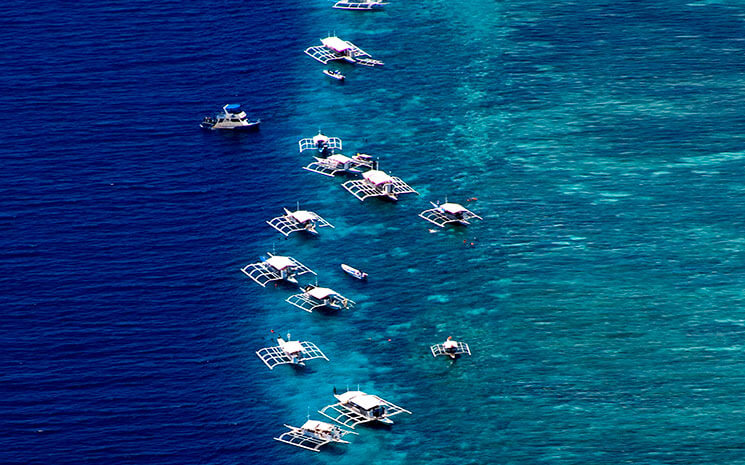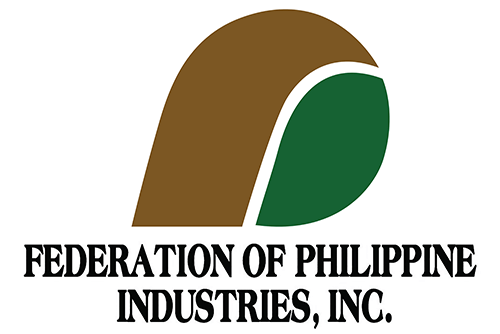How Can We Help?
If you need any help, please feel free to contact us.
8722-3409 / 8722-9737
fpi@fpi.ph

Environment
It’s important to understand that the Federation of Philippine Industries (FPI) represents a broad range of industries, and therefore its environmental advocacy involves navigating the balance between industrial growth and environmental sustainability. Here’s a breakdown of key aspects:
Focus on Sustainable Practices:
- The FPI encourages its member industries to adopt sustainable practices. This includes promoting resource efficiency, waste reduction, and responsible environmental management.
- There’s a growing emphasis on the concept of a circular economy, where resources are used and reused to minimize waste.
Collaboration and Partnerships:
- The FPI engages with government agencies like the Department of Environment and Natural Resources (DENR) to participate in the development and implementation of environmental policies.
- They also collaborate with other stakeholders, including NGOs and international organizations, to address environmental challenges.
Industry-Specific Initiatives:
Many FPI member industries have their own environmental initiatives. For example, the Philippine Plastics Industry Association (PPIA) focuses on promoting responsible plastic waste management through the 3Rs (reduce, reuse, recycle) and supporting government initiatives.
Addressing Key Environmental Issues:
- Common environmental concerns in the Philippines, such as waste management, pollution, and climate change, are also areas of focus for the FPI.
- They advocate for policies that promote sustainable industrial development while mitigating environmental impacts.
Importance of following regulations:
It is very important for the FPI, and its members to follow the regulations put in place by the Philippine government, regarding environmental concerns.
Achievements:
THE MANDATORY ENVIRONMENT INSURANCE COVERAGE (MEIC)
- All industry members of FPI should have been levied insurance premium for environmental damage even if no environmental damage would result would result from the industries. Basis of premium was asset of company not environment.
- Through the intercession of the environment committee and chair JLA with the key support of then Senator J P Enrile, the MEIC was held in perpetual abeuance. The first department order of the late DENR Secretary Angie Reyes withheld the implementation of the MEIC.
THE MASS EMISSION RATE STANDARD OR “MERS”.
- The Environmental Management Bureau drafted a DAO for which industries which emit air discharges to the atmosphere would have paid on the basis of amount of air discharges per unit time. Penalties to be imposed did not recognize that air discharges might not cause air quality degradation.
- Through the intercession of the Environment Committee the MERS directive is on indefinite abeyance. The rationale of the Environment Committee is based itself on the Philippine Clean Air Act.
THE NCR AIRSHED POLICY RESULTING IN DIRECTIVE THAT WOULD PENALYZE NON POLLUTING INDUSTRIES
- This is subject of first TWG of the NCR Airshed Council which discussed this in the first TWG meeting on Apr. 2025, FPI which was invited through the Envi Committee argued that industries are not the sources of air pollution but transportation is. This matter subject of continuing deliberations.
THE WIRT OF KALIKASAN
- Considered as a Sword of Damocles to responsible industries and business. FPI through the Environment Committee has been in consultation with the Supreme Court through the PHILJA dating back circa 2020. The Environment Committee is actively participating in Congressional Hearings which invokes Writ such as in the Climate Bill in the 29th Congress
FUELS SPECIFICATIONS SET BY THE DOE DENR TECHNICAL COMMITTEE
- The specifications impacts on industries which uses directly or indirectly fuels in its operations. Also illicit trading results from the inappropriate specification and through illicit practices of some industry players. End result is UNEVEN PLAYING FIELD FOR RESPONSIBLE INDUSTRIES.
CLIMATE CHANGE IN IMPACTS ON RESPONSIBLE INDUSTRIES.
- International Treatises such as the “PARIS AGREEMENT” is deemed unfair to low GHG emitters like the Philippines. The Environment Committee has been actively participating in the HOR TWG meetings during the 19th Congress and will continue to do so during the expected HBs for the 20th Congress.
In essence, the FPI’s environmental advocacy seeks to promote a balance between economic growth and environmental protection, encouraging its members to adopt sustainable practices and collaborate with stakeholders to address environmental challenges.



